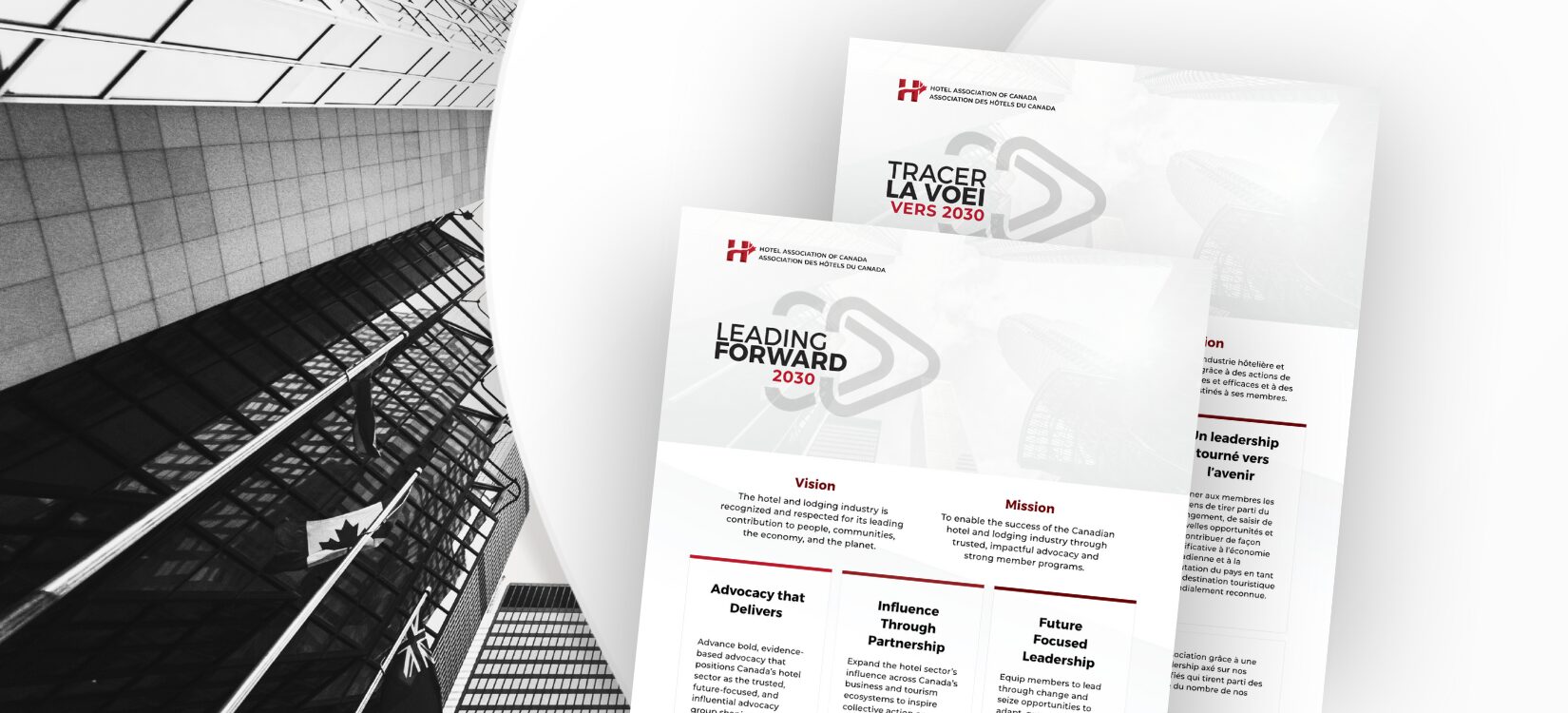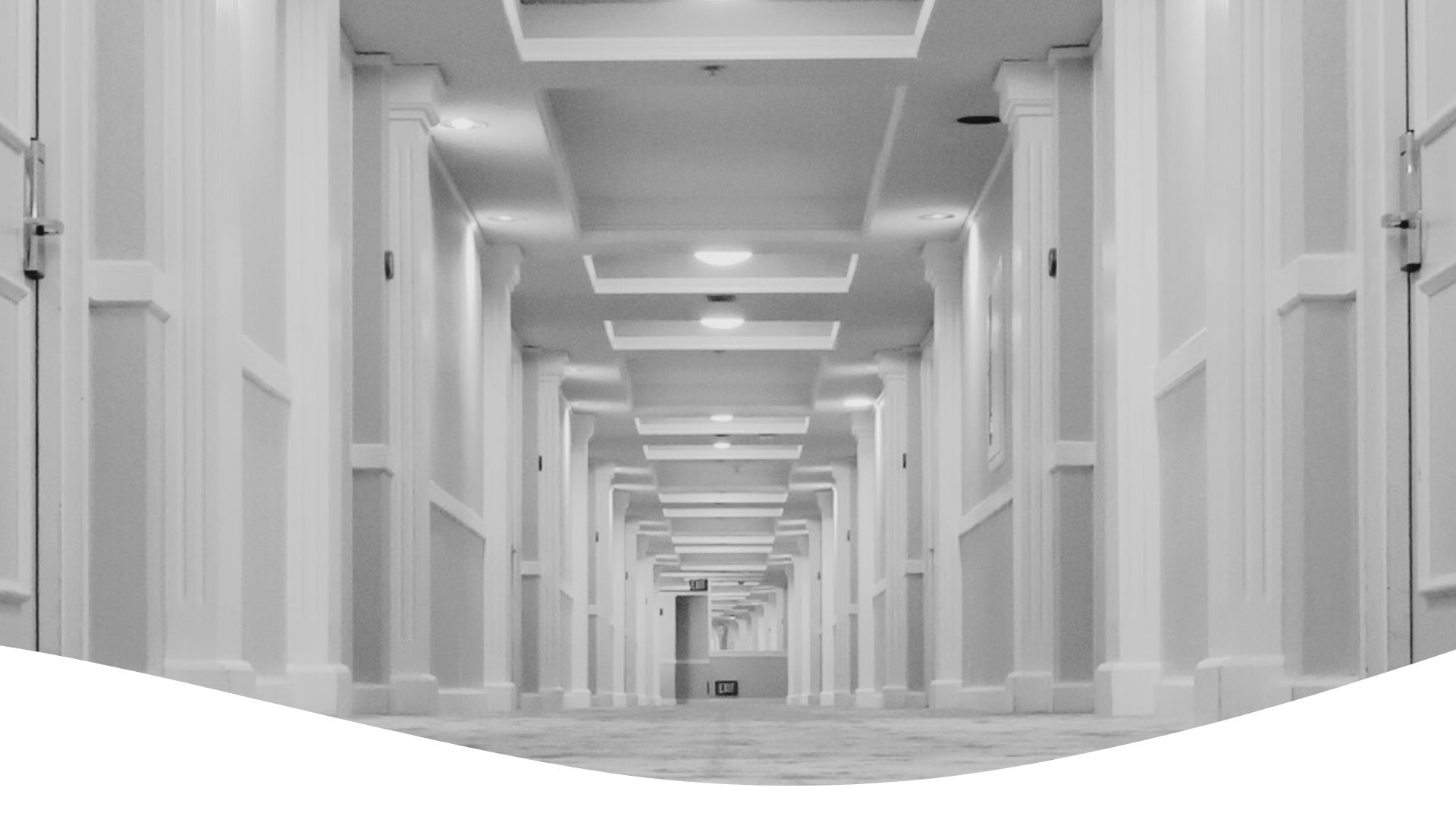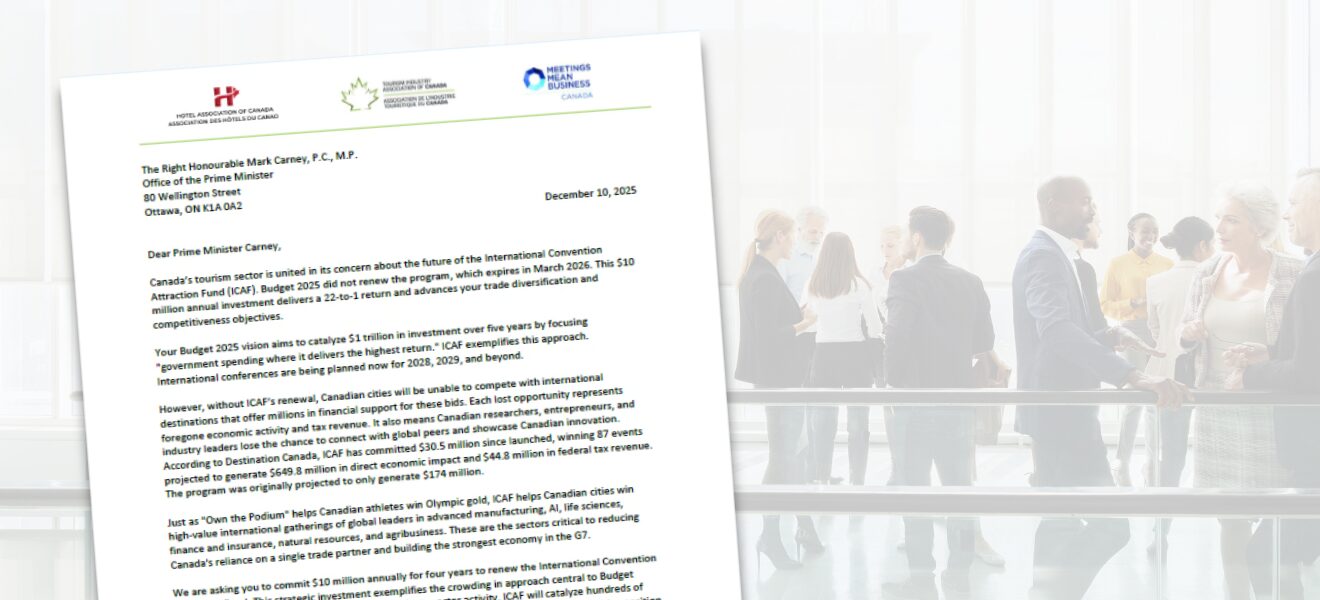Hosts with Multiple Entire-Home Units Key Driver of Airbnb Growth: Study
The Hotel Association of Canada (HAC) has released a new study which demonstrates that commercial operators are growing exponentially, far outpacing actual home sharing activity. Alarmingly, only 17% of Airbnb’s total revenue in Canada is generated by true home sharing where the owner is present during the guest’s stay. The other approximately 80% comes from hosts renting entire home units where the owner is not present. Furthermore, the study reveals that units are being rented in increasing frequency.
In fact, 1-in-3 Airbnb units in Canada were rented for more than 90 days per year and this segment generated over 70% of total Airbnb revenues during a 12-month period. These statistics highlight one simple fact: there is far more commercial activity occurring than people might realize.
The most comprehensive study of its kind, entitled An Overview of Airbnb and the Hotel Sector in Canada: A Focus on Hosts with Multiple Units, spotlighted 11 key markets across Canada and examined the short-term rental market in comparison to Canada’s hotel sector, with a key focus on Airbnb as the most widely used digital home-sharing platform in Canada.
“Over 80% of Airbnb’s revenues nationwide — $462 Million – come from whole-unit rentals where the owner is not present. Furthermore, 30% of Airbnb’s revenues in Canada are being generated by multi-unit operators who rent out 2 or more entire-home units. These multi-unit, entire-home hosts were the fastest growing Airbnb segment in terms of the number of hosts, the number of units, and revenues generated in the past two years,” said Susie Grynol, HAC President. “This demonstrates that almost one-third of Airbnb’s revenue is generated through actively managed businesses – ones that do not resemble the original concept of home-sharing.”
Additional key takeaways from the study include:
- Approximately 7-in-every 10 units listed on the Airbnb distribution platform are entire-home rentals, with guests having complete and sole access to the entire unit during their stay.
- In Canada, revenues derived from multi-unit hosts have more than doubled from $71 million to $167 million – a 134% increase in revenue over the preceding 12-month period.
- Canada’s hotel sector directly supports approximately 191,600 full-time equivalent jobs as compared to an estimated 1,000 full-time equivalent Airbnb jobs generated through cleaning fee charges.
In Canada, the average number of active Airbnb units has almost doubled in the past two years, rising from 10% of total accommodation supply in 2015 to 18% in 2016. What started as true home sharing has expanded into a growing trend: people using these platforms to become commercial operators.
“A commercial operator is an unofficial term we are using to describe the phenomenon that is occurring in which 2 or more entire-home units are being rented out on a consistent basis,” added Grynol. “Effectively, these operators are running illegal hotels within residential housing. This unregulated commercial activity has given rise to unintended consequences including the loss of affordable housing, increased disruption in communities and a potential risk to guests, as there may not be any health and safety standards in place.”
The existing laws and regulations in Canada are not designed for the 21st-century sharing economy and, in turn, have allowed new entrants such as Airbnb and similar platforms to avoid compliance with business responsibilities normally associated with commercial activity. These laws need to be updated so that all businesses operating in the accommodation space have a level playing field.
In 2016, guests of Canada’s legitimate hotel properties contributed an estimated $2.2 billion in consumer taxes and fees based on room revenues alone. If the same consumer tax and fee rates were to be applied to Airbnb revenues, Canada’s Airbnb sector has the potential to contribute $85 million in consumer taxes and fees to the Canadian economy.
The association is calling on the federal government to amend the Excise Tax Act to create a more level playing field for hotels, in relation to the short-term rental industry. Airbnb and similar online platforms should be required to charge and remit HST on the service fee charged to hosts and guests. HAC also recommends a focused review of the overall rules for all players involved in the temporary accommodation sector, with a view to achieve fairness.
“The traditional lodging industry welcomes competition and is prepared to compete on quality, experience and price; but the rules of the game have to be applied evenly to all players,” concluded Grynol. “To be clear, we are not opposed to an individual using a home-sharing platform to rent out a room in his or her home to help make ends meet. What we are against is the continued allowance of commercial operators to act like hotels without the same responsibilities to taxation and fees, health & safety standards, business licenses, insurance and accessibility. This is about fairness – these laws and regulations should be upheld by anyone running a commercial operation.”
For more information or to access the full report, please visit www.fairrules.ca
 HAC’s Strategic Plan – Leading Forward: 2030
HAC’s Strategic Plan – Leading Forward: 2030
Our industry is moving faster than ever. Markets are fluctuating. Talent pressures are intensifying. Global competition is redefining the playing field. But this pace also brings advantage—fresh openings, bold innovations, and momentum for those prepared to adapt. In times like these, purposeful direction matters. HAC is pleased to share HAC’s new Strategic Plan, Leading Forward: 2030, which d...
Read MoreThe Hotel Association of Canada (HAC) is pleased to announce that Mandy Farmer, CEO of Accent Inns Inc., has been appointed Chair of the HAC Board of Directors ...
Read More
📅 Date: January 27⏱ Time: 1:00 – 1:30 p.m. ET As part of the national No Room for Trafficking initiative, the Hotel Association of Canada is hosting a fr...
Read More
HAC, with partners including the Tourism Industry Association of Canada (TIAC) and Meetings Mean Business Canada, led a joint letter to Prime Minister Mark Carn...
Read More